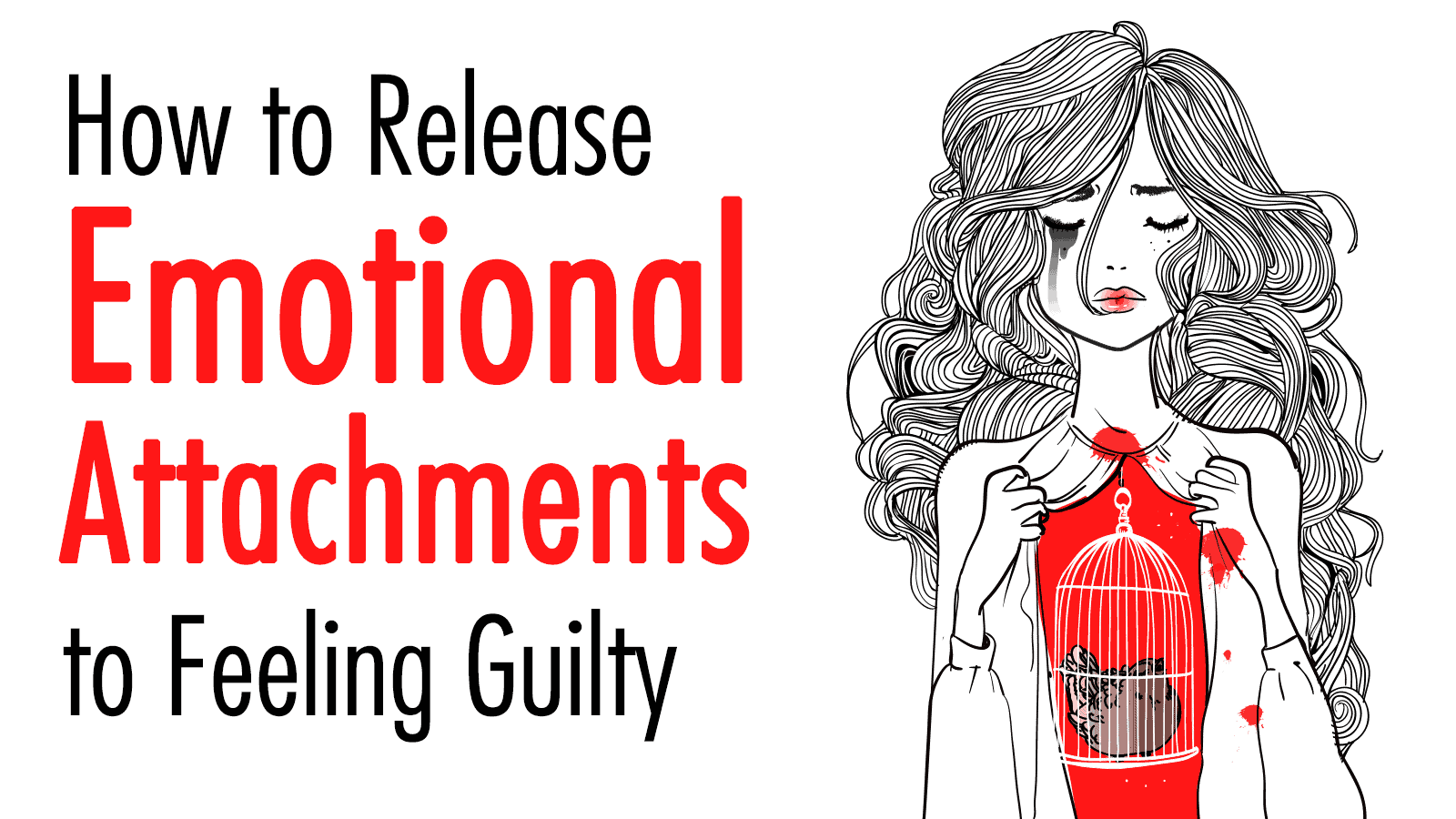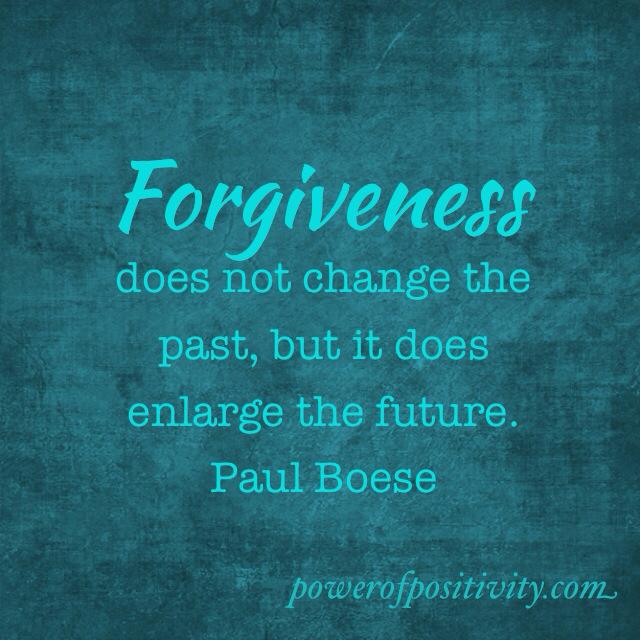Self-blame and feeling guilty are the most common reactions to something going wrong with your life. If you’ve done something bad, or something suddenly breaks down for no apparent reason, you always look for someone to blame. If there’s no other obvious option, that someone often turns out to be you. While it’s good to be self-reflective and aware of your own actions, guilt can be very damaging.
We can even feel guilt after things that people often find pleasurable – like going on a shopping spree or indulging in unhealthy food. That kind of attitude can only be detrimental to the way we experience pleasure and emotional attachment to people and activities. You’re not allowing yourself to be happy or to move on from something because of the residual guilt. Here are some tips to help you get rid of a guilt-ridden consciousness and move on with a positive mindset.
“Guilt is not a response to anger; it is a response to one’s own actions or lack of action.” – Audre Lorde
Here Are 6 Ways to Release Emotional Attachments to Feeling Guilty
1. Write it down.
This is the most rational approach to feeling guilty about something. Keep a journal about the things that make you feel guilty and the reasons why you feel guilty after doing them. Bullet journaling is a preferred form of journaling these days; however, you can also take notes in a notebook. That way, at the end of the day, you can look back at all the things that made you feel guilty and rationalize whether you need to experience that residual guilt at all. It also helps to show your notes to your friends or any other third parties that might not have the commitment you do to the things that make you feel guilty. They’ll give you a rational, outsider’s view of the situation and help you process your guilt in a healthy way.
2. Appreciate yourself and the things that you do every day.
Another way journaling can help you get over guilt is if you write down everything you did well during each day. Take notes of the things you achieved, or how you’ve been productive during the day, or what it was you did that will help you do better tomorrow. It’s a great way to go back to what you were feeling guilty about and remember there are many positive things in your world to look forward to. Teach yourself to focus on the positive things in life rather than the negative.
3. If it was your best friend instead of you, would you blame them the same way?
A great technique to rationalizing your self-deprecating thoughts is putting your friend or your partner or someone you really love in the same shoes as you. If they had done the same thing, would you approve of them feeling guilty? Would you feel like they can’t be forgiven? Nine times out of ten, you would give someone the benefit of doubt rather than convincing yourself that they have failed. So why can’t you do the same thing for yourself? It’s another technique you can use to learn being kinder and more patient with yourself.
4. Stop thinking in black and white.
No one is perfect. No one has an enviable life, and no one has it all figured out. Cut yourself some slack and remember that you are doing your best and that should be enough. Nothing is as clear-cut as being good or bad. There is a big grey area around most of what we do and experience in life. The sooner you find that, the sooner you’ll be able to banish your feelings of guilt. Remember, you react in a way that makes sense for you, not anyone else. And that’s okay.
5. What else is there?
Normally, it’s not just guilt – there are other emotions lurking underneath the surface. Is it anger? Loneliness? Is it a sense of being unfulfilled and unhappy with your life? The sooner you figure these out, the sooner you’ll have healthy coping methods of dealing with them. Guilt is often caused by an inner conflict more powerful than simply feeling like you owe someone something. First, try and find out what causes it. Then, think positively towards resolving it rather than wallowing in the guilty feelings.
6. Learn forgiveness.
We all do things that we wish we could take back and pretend they never happened. To err is human. Guilt is often caused by those mistakes we make along the way. The ones we feel can never be fixed. The sooner you realize that isn’t true, the sooner you’ll know that guilt only stops you from searching for a healthy solution to the problem. In the same way that you’d forgive your friends, learn to forgive yourself. Remind yourself that you can’t change the past. What’s done is done, and from now on you just need to move on and get on with your life. Take time to remind yourself of all the good things you can do with this situation from now on.
Final thoughts
Feeling guilty can be a debilitating and frightening emotion to deal with. Remember that there are healthy and unhealthy ways of coping with it. Try to focus on severing any unhealthy emotional attachments as soon as you can. The more you stay invested with guilt, the more you’ll feel yourself giving in to negative thoughts, which can lead to depression. Clear your mind and open your heart to new experiences. That way, you’ll find out life is something to be enjoyed and not something you should feel bad about.
https://youtu.be/xVpB3Sfcw28














 Community
Community

